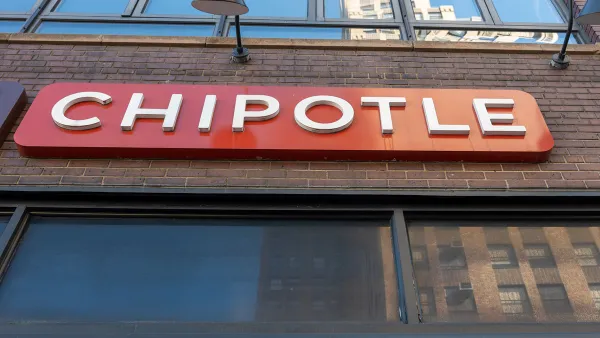UPDATE: Sept. 16, 2021: On Tuesday, Northern District of California judge Edward Chen granted Darden's motion to dismiss a case brought by One Fair Wage against the company's cash wage policy. The judge said the organization does not cite any law that dictates that a non-employee has standing to challenge an employment practice, especially if the complaint is "purely ideological or entirely derivative of the injury directly suffered by actual employees." Chen added there could be employees who object to any changes sought by OFW to eliminate unmediated tipping. The judge said OFW also doesn't have standing under Title VII to sue for discrimination and that the court doesn't need to address the plausibility of OFW's theory of liability.
Dive Brief:
- One Fair Wage, a national nonprofit organization, filed a lawsuit on Thursday against Darden Restaurants arguing the company's cash wage policy has led to employees being paid subminimum wages and relying on customers to tip to bring wages to the federal minimum wage.
- The organization argues this tipping policy has resulted in tipped employees of color being paid less than tipped White employees, according to the lawsuit emailed to Restaurant Dive. It also claims this policy has led to, or contributed to, additional cases of sexual harassment since it puts pressure on employees to rely on customers to tip to make up the difference in wages.
- "To be clear, this is not about Darden. The complaint makes clear that their objections are with federal and state wage laws — not with our practices," Darden said in an emailed statement.
Dive Insight:
The lawsuit comes a few weeks after Darden announced that starting March 29 each hourly employee will earn at least $10 per hour including tipped income. The company also said it will raise wages to $11 per hour in January 2022 and $12 per hour in January 2023. It is also offering $17 million in one-time bonuses for hourly restaurant workers.
Darden said in an email that its tipped team members earn more than $20 per hour on average. Darden has 861 company-owned Olive Gardens in the U.S. and its other seven brands operate about 1,000 restaurants and has about 175,000 employees, according to the lawsuit.
But when One Fair Wage conducted a survey in March and April of Darden employees, of which 200 responded, 20% of those workers said they have not received tips or additional wages to bring them up to minimum wage in their states. Of the tipped workers, 36% said they received less in tips than other workers and 20% said they received lower tips due to their race and/or gender.
Additionally, 38% of Darden employees said a manager, coworker or customer acted inappropriately or offensively toward them because of their race or gender. Employees also volunteered some examples of harassment, including an incident where a server was called derogatory names, pervasive sexual harassment at a store and managers becoming involved with employees romantically. A Black woman was also told she couldn't have pink hair because the company only allowed naturally occurring colors, but White women were allowed to have pink dreadlocks and blue hair.
Darden said in an email it has a zero tolerance for any form of harassment or discrimination and has policies in place to make sure team members are treated with respect and feel safe.
The lawsuit claims Darden's policies violate prohibitions on workplace discrimination under Title VII of the Civil Rights Act of 1964. One Fair Wage said it has had to divert more resources to address Darden employee complaints that claim individuals have experienced more or worse sexual harassment than their peers who are not subject to this policy. The organization also said it has lost money because it has paid more in cash assistance from its Emergency Coronavirus Relief Fund to Darden employees than the organization would have otherwise.















